Experts warn of protracted pandemic amid ‘vaccine apartheid’
Global inequality campaigners and health experts have warned of protracted public health crises in several North African and Middle East countries amid the monopoly of COVID-19 vaccine by wealthy countries.
"We are seeing [an] unequal distribution of vaccine rollouts around the world," Amgad el-Kholy, an epidemiologist at the World Health Organization (WHO) regional office for the Eastern Mediterranean region (EMRO), told Middle East Eye, noting that rich nations were racing ahead of poorer ones to immunize their citizens.
Citing WHO data, MEE said only 14 out of 21 countries in the EMRO, which extends from Morocco to Afghanistan, have received inoculations, equivalent to little more than one percent of the population of the entire region.
"This has never been more critical than in our region, where health workers are a rare and valuable resource and vulnerable people should be the first to receive support, rather than be left behind," el-Kholy said.
His remarks came just days after WHO expert Mark Ryan said that 80 percent of all global vaccines had been administered in just 10 countries.
“The starkest illustrations of vaccine inequality were evident in the Middle East where countries such as Qatar, Bahrain and the United Arab Emirates were inoculating nationals and foreign workers at a frenetic pace while countries like Yemen lag behind,” the MEE said.
The report also referred to the situation in Israel where about 60 percent of Israelis have received jabs, while Palestinians living under occupation have been told they could have to wait months before being vaccinated.
Activists say it is the systematic dereliction of political leadership at the highest level that is triggering this threat to global public health.
"It is vaccine apartheid," Anna Marriott, health policy advisor for Oxfam, told MEE, adding "There is no other way of describing it."
"If you think of the promises that were made at the beginning of the pandemic, that the vaccine would be a global public good - our leaders have failed," Marriott added.
‘Wider is wiser’
In an attempt to seek a more equitable access to the vaccine, the World Health Organization (WHO) and the GAVI vaccine alliance are leading a facility called COVAX to deliver doses of approved vaccines fairly around the world.
However, global campaigners say donations alone are not going to cut it

The US has been criticized for purchasing 200 million more vaccines for its own citizens and pushing poorer countries and vulnerable populations to the back of the queue, while experts estimate that low-income countries will experience wide access after 2022.
"We understand that every government and leadership worldwide are keen on vaccinating their people. However, we reiterate that wider is wiser, meaning that introducing the vaccines to the priority categories in all countries is much better than vaccinating all people in a few countries," el-Kholy said.
Experts warn that delaying inoculations will allow the virus opportunity to mutate, potentially undermining available vaccines and ultimately global recovery.
"The global economy cannot recover if there are disparities in global coverage: Not only will vaccines help save lives and stabilize health systems, but they can help to drive a global economic recovery. That recovery cannot take place if half of the world is hamstrung from the economic fallout of COVID-19," el-Kholy said.
US lawmaker Ilhan Omar told MEE that Washington should be instead "ensuring the broadest possible distribution of the vaccine".
"Letting people in the global South wait years for the vaccine is a policy choice, and [they] don't have to make it. Until everyone is safe from the virus, no one is," Omar added.
‘US undermining vaccination rollouts’
The US has also been slammed for undermining the attempt to accelerate the vaccine rollout elsewhere.
According to the report, the US and other Western countries are opposing calls for temporarily waiving the World Trade Organization's Trade-Related Aspects of Intellectual Property Rights (TRIPS) for those technologies needed to address the pandemic.
The proposal was put forward by South Africa and India and endorsed by 100 other countries.
"There are solutions on the table which rich countries are standing in the way of. They need to support the TRIPS (intellectual property) waiver from developing countries and unlocking the supply of the vaccines is the only route to redressing this apartheid situation," Marriot from Oxfam said.
The MEE described the hoarding of medical supplies as “neither novel nor unique” to the coronavirus vaccine.
In 2009, the WHO had to grapple with the greed of wealthy countries buying up the H1N1 vaccine that inevitably tied up global supply and left the rest of the world without access. Prior to H1N1, there was the HIV/AIDS pandemic.
"Today's situation is eerily similar to the HIV/AIDS epidemic and crisis of access in the late 1990s and early 2000s, when the diagnostic and therapeutic tools to save millions of lives were there but the will to share them was not," said Fatima Hassan, a social justice activist and human rights lawyer.
"Without the temporary TRIPS waiver now, countries will be required to take individual domestic action and legal measures - while managing a pandemic."
Sharifah Sekalala, an associate professor at the school of law at the University of Warwick, stated that the problem goes far beyond the question of intellectual property rights.
"Human rights have largely been ignored in arguments about vaccine rollouts and substituted for arguments of equity," MEE quoted Sekalala as saying.
"This feels like a missed opportunity to really think about the vaccine as something that is fundamental to the right to life, health, but also access to wider social-economic rights given that ordinary life has been so constrained by this pandemic."
The MEE noted that the pandemic have taken heavy toll on Yemen, which is grappling with a Saudi aggression.
"COVID-19 shook countries with advanced health systems and services. What will it do to a country like Yemen that has lived in the shadow of war for five years?" said Nahla Arishi, a Yemeni paediatrician.
According to the MEE, no more than half of the country's medical facilities are functioning.
It also cited reports issued last year as saying that there were fewer than 10 medics for every 10,000 people.
"We know that over 53 percent of the population in Yemen is in need of humanitarian assistance; 16.2 million Yemenis rely on food aid to survive. So the crisis was already immense and completely unacceptable [even] before COVID," Mariott from Oxfam says.
"Unless we get vaccines to people, that suffering is going to escalate every day."
VIDEO | Dozens killed after blast hits Shia mosque in Islamabad
Trump signs tariff threat against Iran’s trade partners shortly after high-stakes talks in Oman
VIDEO | Dire consequences ahead: Iran's warning to enemies on escalation
VIDEO | Huge turnout in Sana’a as masses protest Gaza violations, regional escalation
Showcasing missile with ‘extraordinary destructive power’ sign of refusal to renounce defense: IRGC
US imposes ‘terrorist-grade sanctions’ on UN expert, ICC judges amid Gaza accountability drive
VIDEO | Press TV's news headlines
Senior Russian general shot and wounded in Moscow: Officials



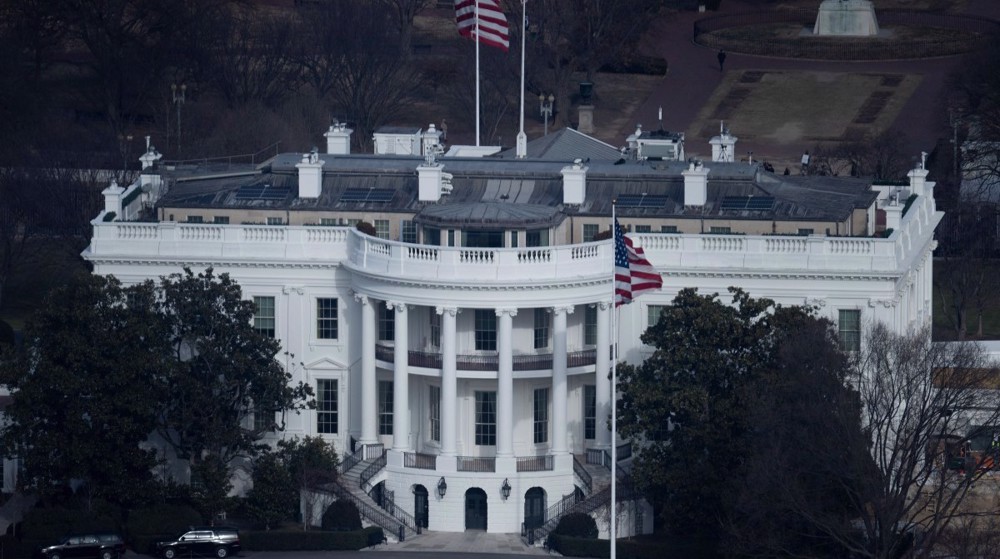
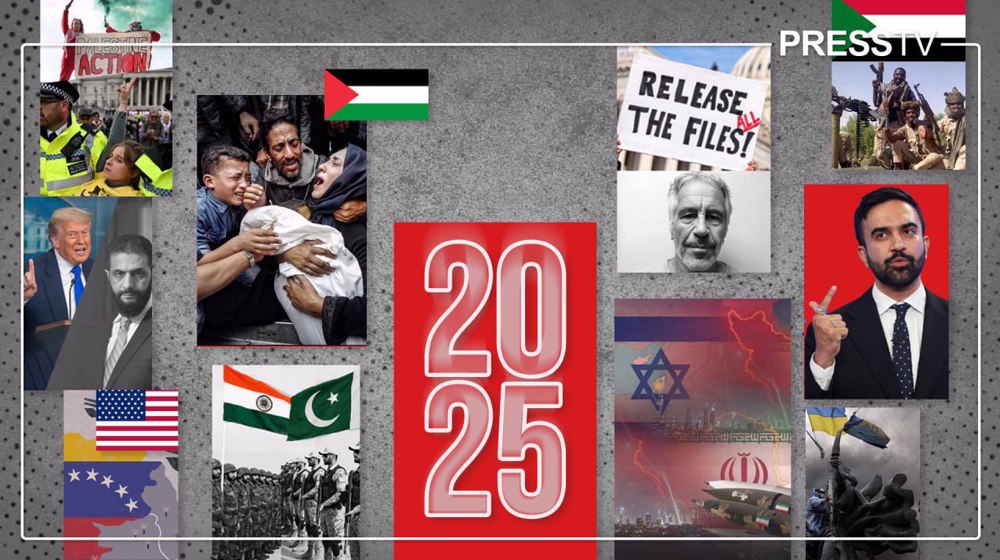
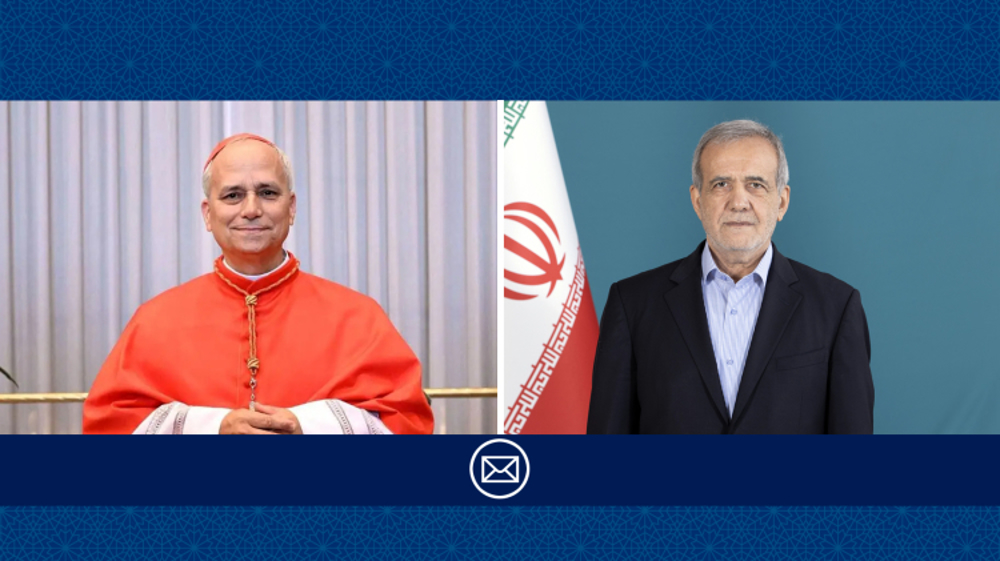



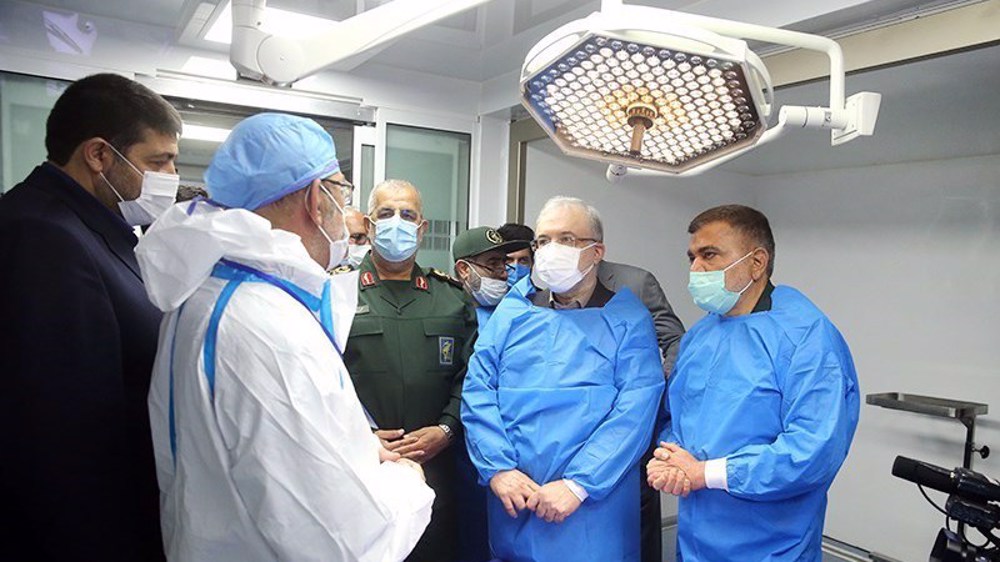
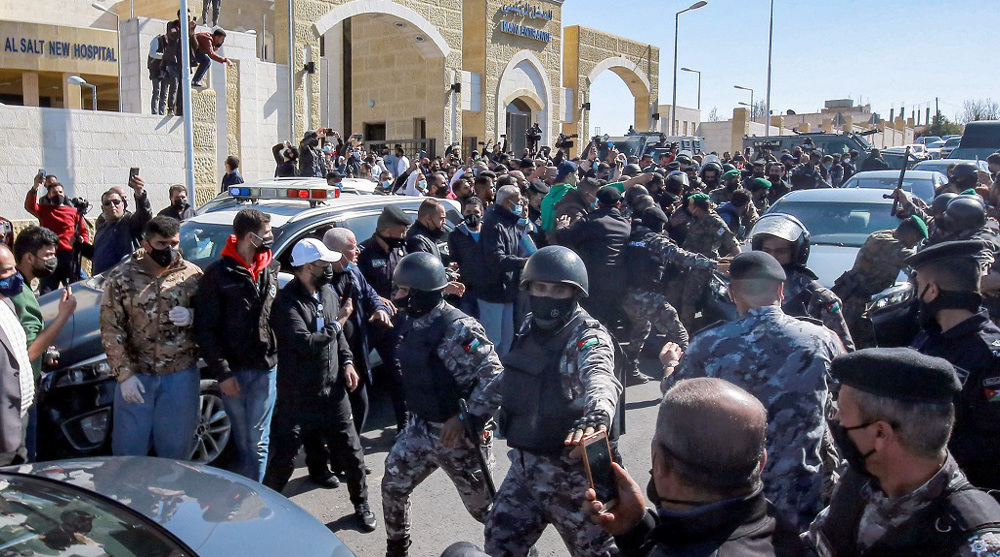
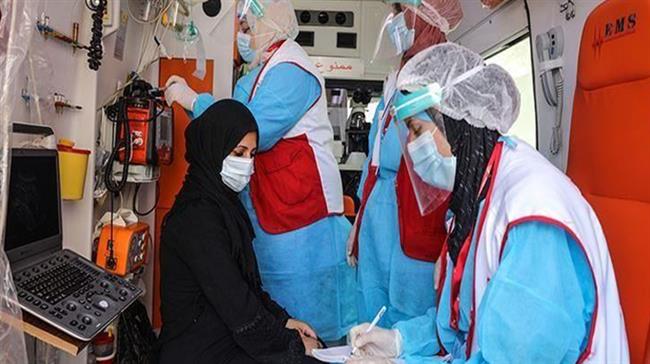

 This makes it easy to access the Press TV website
This makes it easy to access the Press TV website